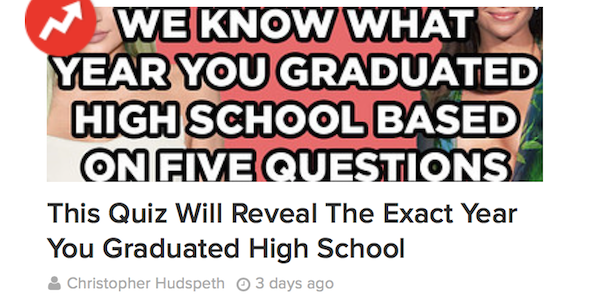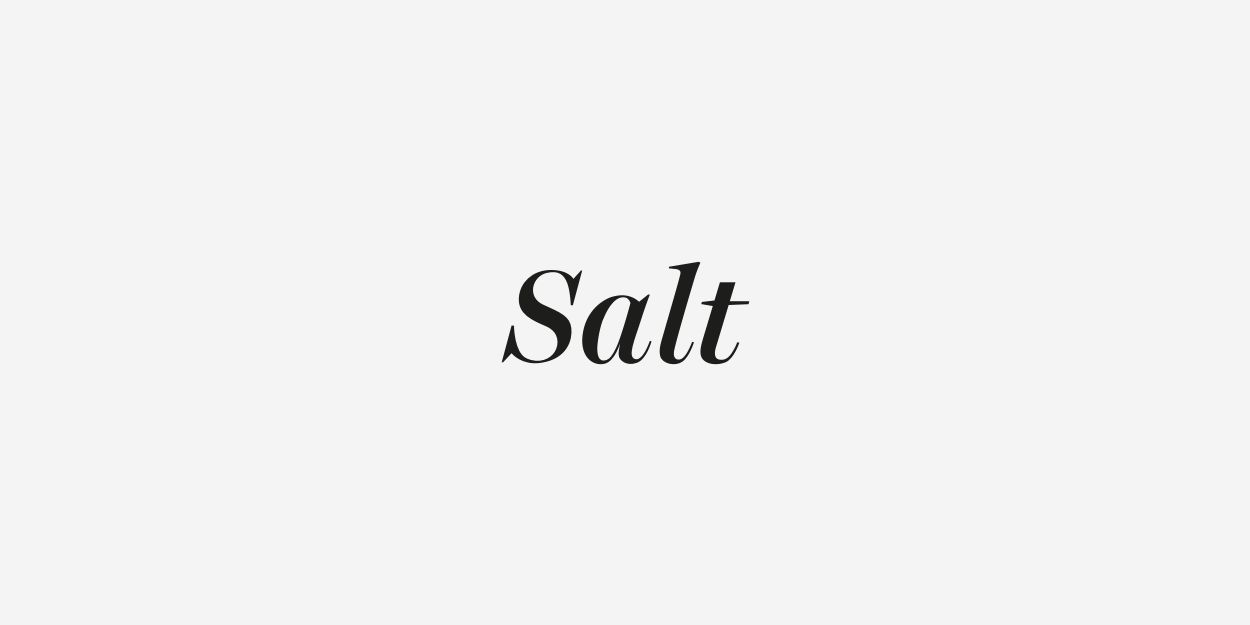Opinion

Whitney’s two greatest lovers
Whitney Houston was shot from small-town obscurity to worldwide fame, all apparently on a ticket to self-dependence. However, after years of abusive relationships, drugs and a failing voice she finally reached a point where she had to throw her hands up and admit that her methods weren’t working. What, or rather who, was she missing?

Man Leaks Secret To Living Forever In 3 Easy Steps
How did we miss this one?! Oh wait, that’s how.

Another day, another hypocrite
Our hypocrisy allows us to paint a more positive picture of ourselves than reality. Not only are we kidding ourselves but we also end up disconnected from God.

Dawkins and the meaning of life
How can life possibly have meaning when we’re just an accident of chemistry + physics + who-knows-what? Dawkins gave his answer, and it’s fascinating.

The Trump inside all of us
If we are interested in the truth, especially where we already have strong opinions, we have to be more skeptical than our feelings prompt us to be. But the fact is that it’s very difficult to question the things we take for granted...It's here that we are in danger of becoming another Donald Trump.
